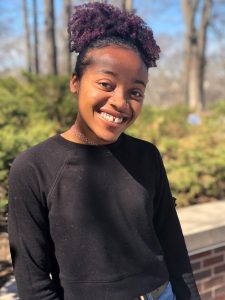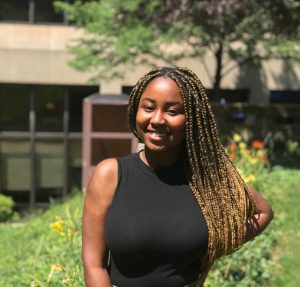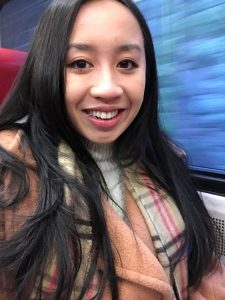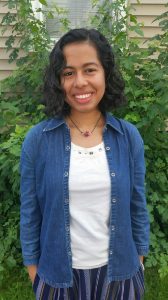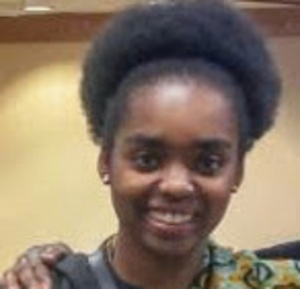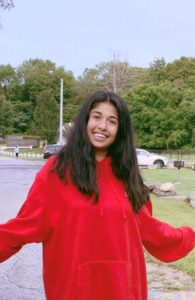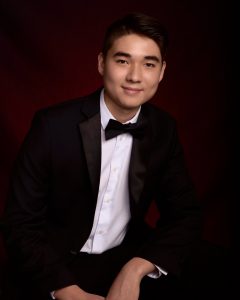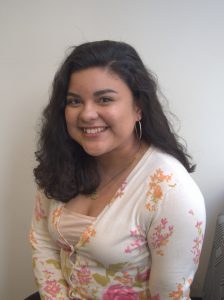Instructor: Stuart Miller
This course addresses the major political, historical and religious currents in Graeco-Roman Palestine, or what the Jews have called since antiquity “The Land of Israel”. Among the central concerns will be the relationship of the Jews to the ruling powers (Ptolemies, Seleucids, Romans, Herodians etc.) and the emergence of sects and other groups such as the Pharisees, Sadducees, Dead Sea Sect, Samaritans, and early (Jewish) Christians. Relations between the Jews, Christians and Romans will also be examined. Special emphasis will be placed on life within the major urban centers, for example, Jerusalem, Caesarea, Sepphoris, Tiberias, and Bet Shean. The literary legacy of the rabbis and the emergence of Christian schools will be given special attention. Relevant archeological evidence will be introduced via slide presentations.
